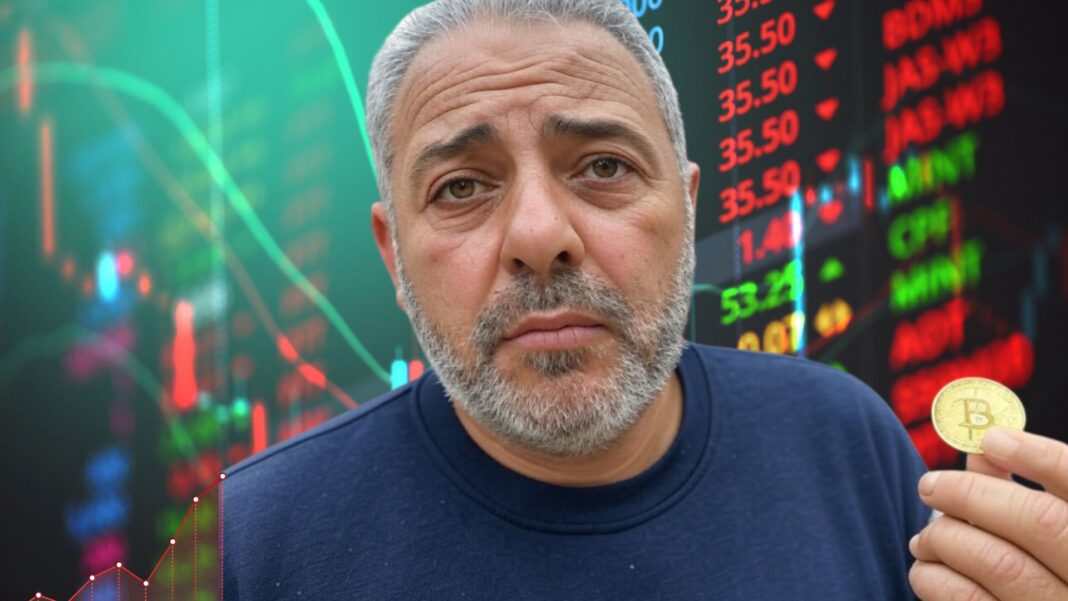Podcast Discussion: Deep Dive Into This Article.
Lebanon’s deepening economic crisis has exposed the vulnerabilities of its financial system. With banks struggling, inflation skyrocketing, and the public losing faith in the government’s ability to restore stability, many Lebanese citizens are looking for alternative financial solutions. Among them, cryptocurrencies—particularly Bitcoin and stablecoins—are gaining traction as a hedge against economic uncertainty.
A Collapsing Economy and Declining Currency
The World Bank has described Lebanon’s economic situation as one of the most severe global crises since the mid-nineteenth century. Years of inconsistent monetary policies have contributed to the currency’s sharp decline, with the Lebanese pound losing over 95% of its value by 2023.
While the exchange rate has remained stable at 89,000 LBP per USD for over a year, concerns persist that further economic instability could trigger another wave of depreciation. Many fear that as government interventions weaken, the Lebanese pound will resume its downward spiral, leading to capital flight and worsening financial turmoil.
Banking Corruption and the Rise of Cryptocurrency
Corruption in Lebanon’s banking sector has further eroded public trust. Restrictions on withdrawals, frozen bank accounts, and fears of “spontaneous dollarization” have driven many Lebanese citizens to seek financial alternatives.
As in other Middle Eastern countries, Bitcoin has emerged as a store of value, offering a decentralized alternative to traditional banking. Additionally, stablecoins like Tether (USDT) have gained popularity, providing a more stable medium of exchange while bypassing banking restrictions and economic sanctions.
Changing Attitudes Toward Bitcoin
Initially, Bitcoin was met with skepticism in Lebanon. Many investors preferred real estate or small businesses over digital assets, viewing cryptocurrencies as risky and untrustworthy.
However, as the financial crisis worsens, younger generations are embracing Bitcoin as a practical alternative. Despite this shift, Lebanese authorities remain cautious. The Central Bank of Lebanon first warned against Bitcoin in 2013, and in 2018, the Capital Market Authority (CMA) prohibited financial institutions from dealing with cryptocurrencies.
Expert Warnings and Regulatory Concerns
Cybersecurity expert Roland Abi Najem has highlighted the risks of cryptocurrency adoption in Lebanon. He warns that Bitcoin’s value depends entirely on public trust, making it highly volatile. Drawing parallels to the failed launch of Trump Coin, he points out that cryptocurrencies have no fixed value and are subject to extreme fluctuations.
Additionally, concerns about money laundering and lack of regulatory oversight remain significant. Unlike traditional banking, crypto transactions operate outside the established financial tracking systems, raising fears of potential misuse.
Abi Najem also referenced investor Warren Buffett’s well-known stance on Bitcoin, noting his belief that the cryptocurrency has no intrinsic value and could eventually become worthless.
Conclusion
Lebanon’s ongoing financial crisis has driven many citizens toward cryptocurrency as a safeguard against economic instability. While Bitcoin and stablecoins offer potential solutions, concerns about volatility, regulation, and misuse remain pressing. As Lebanon’s financial landscape continues to evolve, the role of cryptocurrencies in the country’s future remains uncertain.
This article reflects the opinions of the publisher based on available information at the time of writing. It is not intended to provide financial advice, and it does not necessarily represent the views of the news site or its affiliates. Readers are encouraged to conduct further research or consult with a financial advisor before making any investment decisions.



